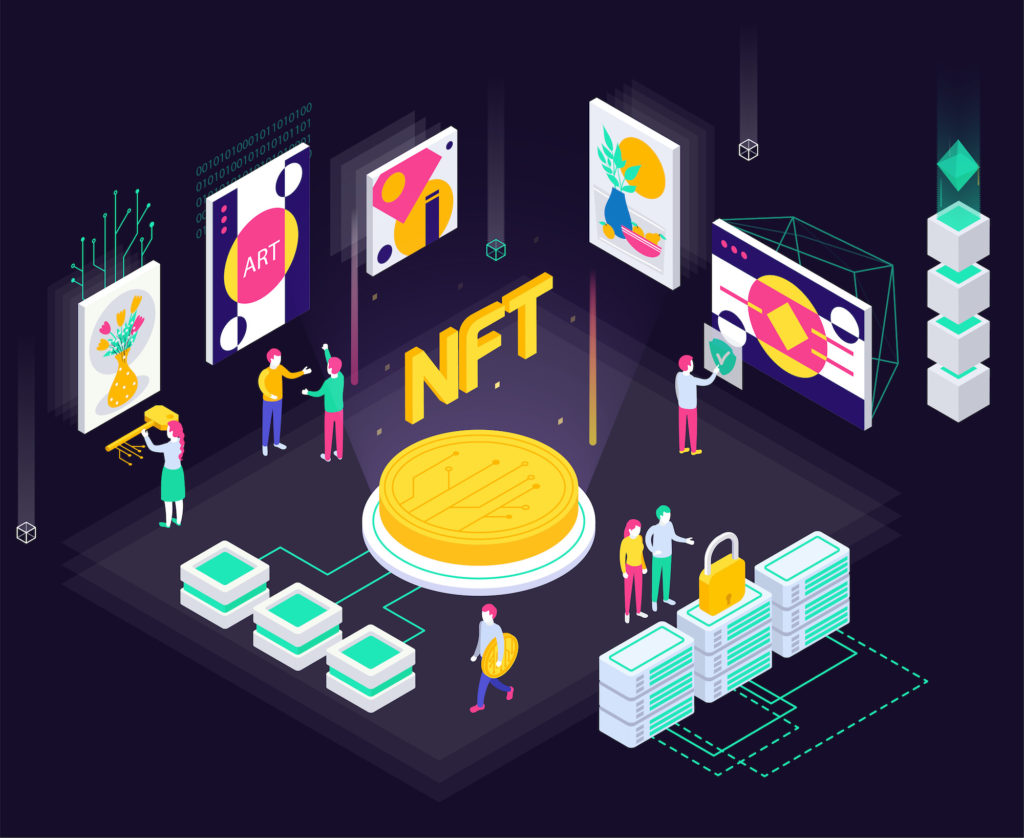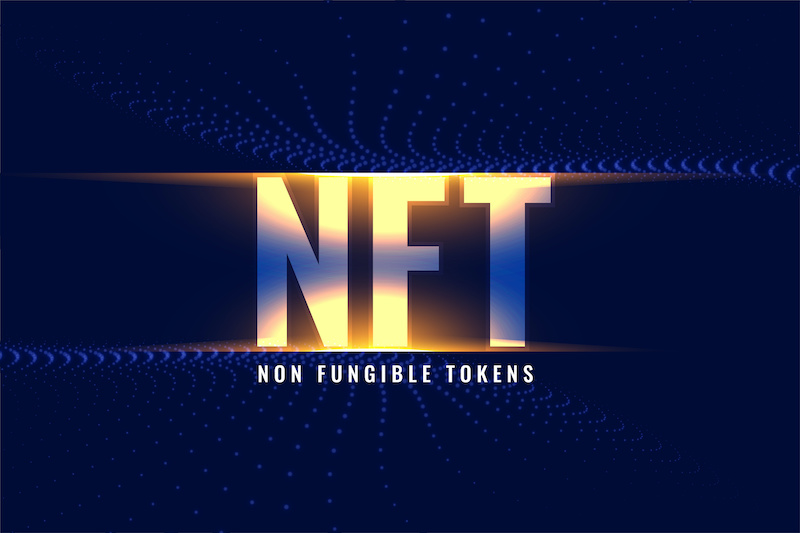
A Non-Fungible Token (NFT) digitally represents a digital item. These include art or music, as well as a growing number of physical items. This runs on the blockchain (a secure, decentralized, and cryptography-backed online ledger). NFTs provide proof of ownership of virtual collectibles. Confused? When it comes to NFTs, confusion and excitement are par for the course.
The sale of multimillion dollar NFTs over the last year prompts growing interest and plenty of questions. Namely, most people wonder what NFTs are, how to use them, and whether interest is warranted.

NFTs as Revenue Generators
NFTs generate new streams of revenue and a store of value for creators. If you own NFTs or plan to invest in them, update your estate plan accordingly. Handing down an NFT poses more complications than passing down a traditional asset. However, with buzz building around NFTs, they could emerge as the most valuable items in your estate.
What are NFTs?

As the name indicates, in an NFT, the token is non-fungible. In other words, it is unique. Thus, no one can directly replace it or exchange it for another token.
The U.S. Dollar & Bitcoin
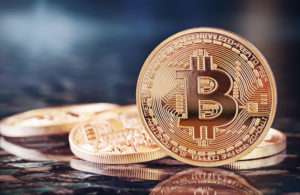
Fungible assets remain mutually interchangeable. They include things such as the U.S. dollar and Bitcoin. You could exchange one dollar bill for any other dollar bill. What’s more, one Bitcoin always equals another Bitcoin. Also, one can break down fungible assets into smaller denominations (such as four quarters in exchange for one dollar).
NFTs are Unique
Since no two NFTs are the same; they cannot be replicated. Each token is one of a kind. However, here is where things get tricky. NFTs do not necessarily derive worth from their uniqueness, even though that remains part of their value.
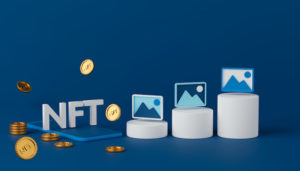
For example, typically, an NFT links to a specific digital item. As such, it serves as a sort of certificate of authenticity for that item. Tokenizing assets and putting them on the blockchain makes buying, selling, and trading the assets safer and more efficient.
NFTs represent and are used to sell the following types of digital collectibles and assets, among others:
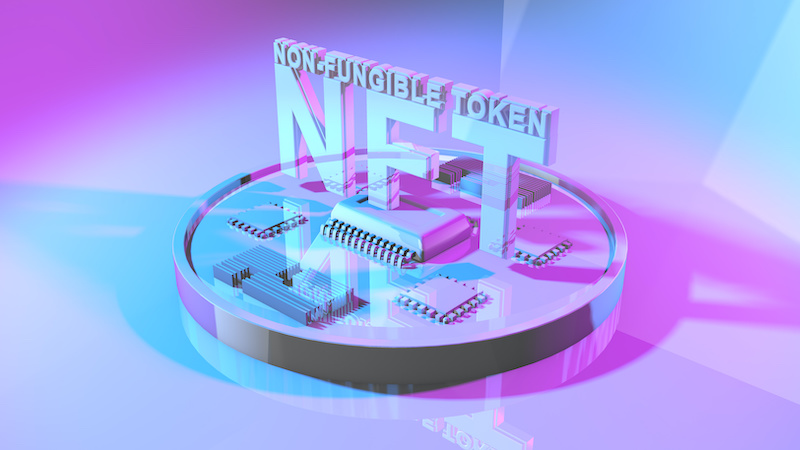
- Collectible sports cards (e.g., NBA Top Shot)
- Digital art, such as music, videos, and images
- Tokenized version of tweets and GIFs
- Trading games (e.g., CryptoKitties)
- In-game items
- Rarities and collectibles
- Virtual real estate (e.g., Decentraland)
NFTs can also represent unique real world items which require provable ownership. These include event tickets, unique fashion items, and legal documents such as property deeds and car titles. However, no one has developed the tokenization of physical items as of yet.
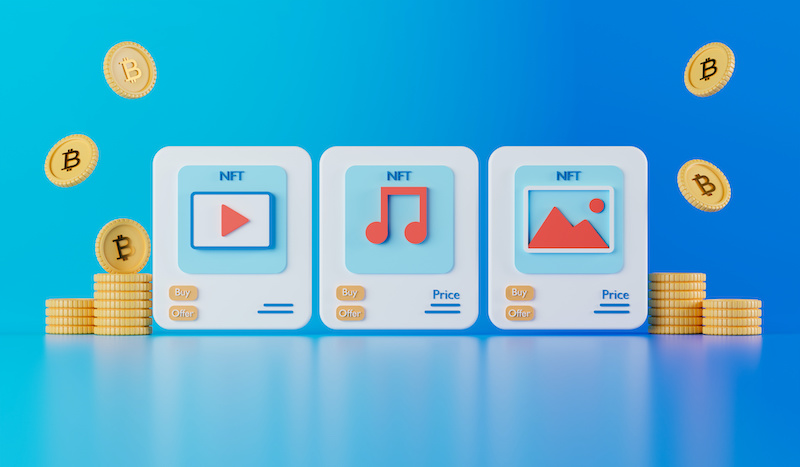
How to Buy NonFungible Tokens
People sell most NFTs in an online marketplaces. Some of the more popular NFT marketplaces include OpenSea, Mintable, Nifty Gateway, Rarible, and Zora. Purchase NFTs using cryptocurrency (crypto). The most popular crypto for buying NFTs is Ethereum. To begin, you will need a cryptocurrency wallet. This is an application which allows you to send and receive cryptos and make purchases. Once you are on an NFT marketplace site, connect your wallet. There, you can search for and buy NFTs. However, to do so, you will bid against other buyers, as in an auction.
What to do With NFTs

Congratulations, you are the owner of an NFT. Now what?
As the owner of NFTs, you won’t hold them in your hand or hang them on your wall to impress friends. What you do with an NFT depends on what it is. If it is digital artwork, you can display it on a monitor or inside a virtual world (known as a Metaverse). One is called Decentraland. With NFTs, one can own virtual real estate and other unique items in the Metaverse. In fact, the full potential of NFTs seems inextricably tied to the development of the Metaverse’s 3D digital environment.
Investment Assets
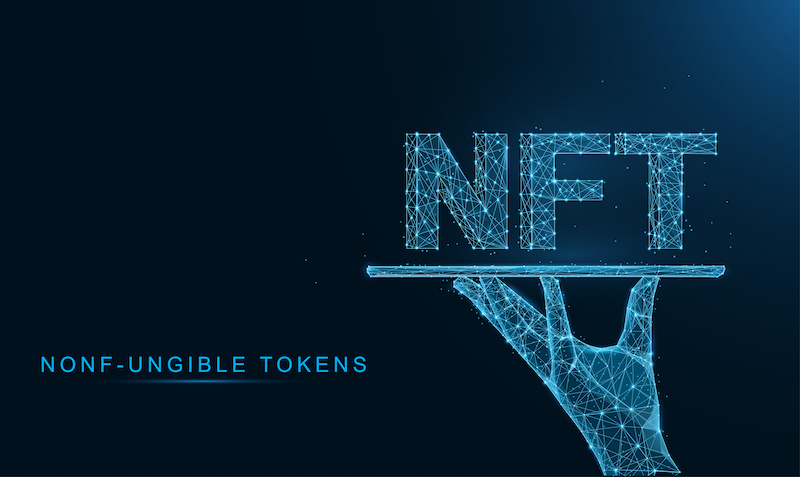
Some people keep NFTs as investments. If the value increases over time, you could sell it for a profit. Last year, a collector who bought a $66,000 NFT digital artwork from artist Beeple sold it four months later for one hundred times that amount. Another work from the same artist sold for nearly $70 million at Christie’s Auction House.
The Benefit of NFTs
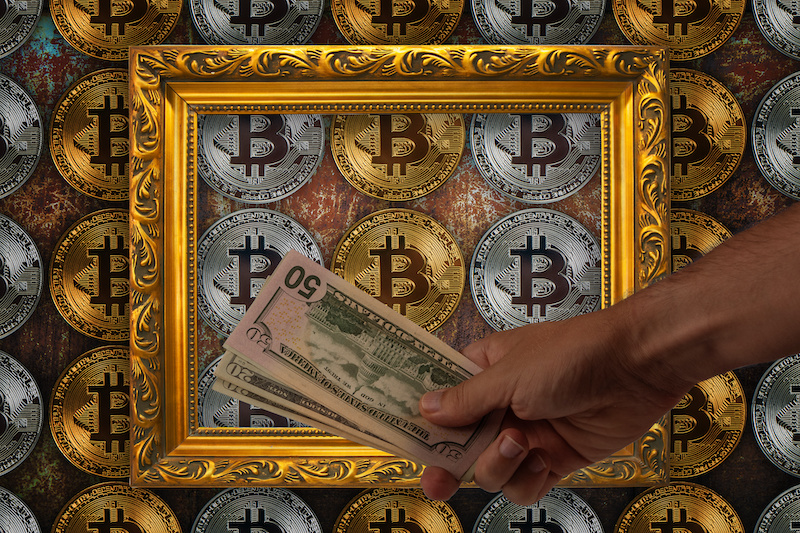
While no one physically possesses NFTs, they represent actual worth. The NFT you buy today could eventually be worth more than any of your traditional accounts and property.
Transferring NFTs in Estate Planning
Only one person can own an NFT at a time. Owners store NFTs in a wallet, similar to a crypto wallet. Although the NFT is stored on the decentralized blockchain—and not actually in a physical wallet—the wallet features digital keys. These grant access to the NFT. The wallet you purchase must be compatible with the type of blockchain on which the NFT is built (usually Ethereum).
Wallet Transfers
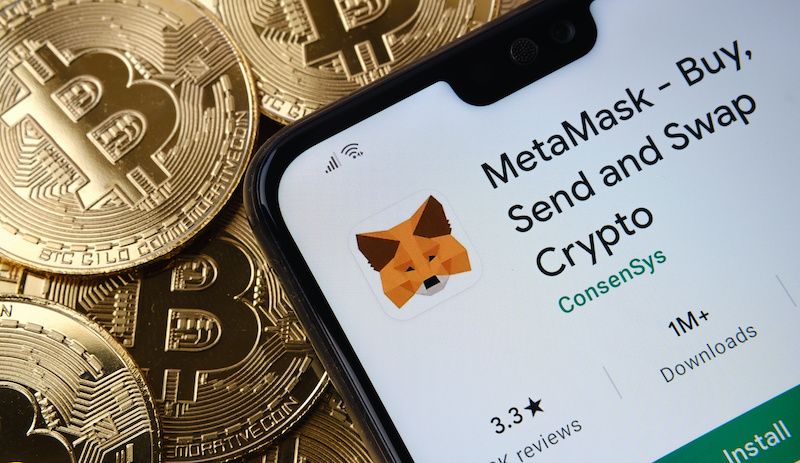
During your lifetime, transferring an NFT takes only a few minutes. You select the NFT from your wallet, enter the recipient’s wallet address, and send the token. You will incur a transaction fee for this process.
Digital Wallet Access
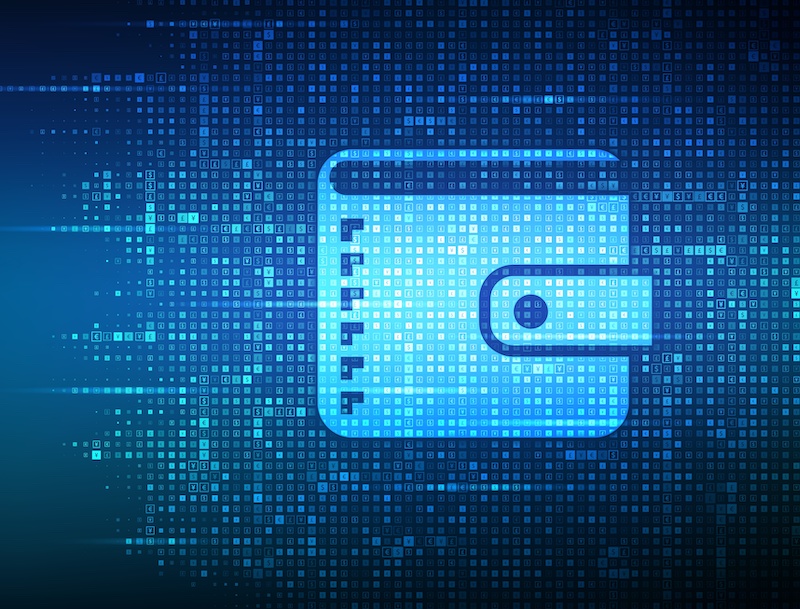
Access to your digital wallets should be part of your estate plan. Without a detailed plan that ensures access to your cryptocurrency, NFTs, and other digital assets, they could be lost forever once you are no longer around to personally transfer them to someone else. In your estate plan, you can include instructions about whom the assets should pass to, when they should be transferred, and how to log into your digital wallets (i.e., your wallet ID, password, and any two-factor authentication you have enabled).

Do you need help setting up an estate plan that covers traditional accounts and property and nontraditional digital assets such as NFTs? Do you have questions about your digital legacy? Reach out to our office and schedule an appointment with an estate planning attorney.
About Skvarna Law in Glendora & Upland, California
Skvarna Law Firm operates offices in Glendora and Upland, California. Also, we provide legal services. We cover San Bernardino, Los Angeles, Orange, and Riverside Counties. This includes several cities. Upland, Ontario, Rancho Cucamonga, Fontana, Colton, Rialto, Chino, Chino Hills, Glendora, Claremont, Pomona, La Verne, Montclair, San Dimas, Azusa, Covina, West Covina, Diamond Bar, Walnut, La Puente, Corona, Norco & Mira Loma.


